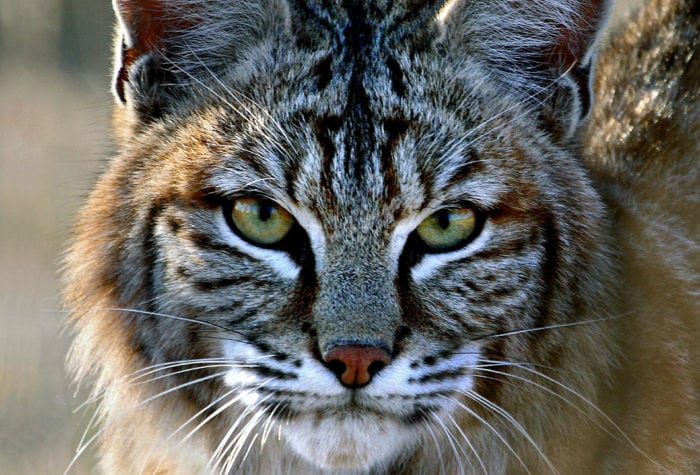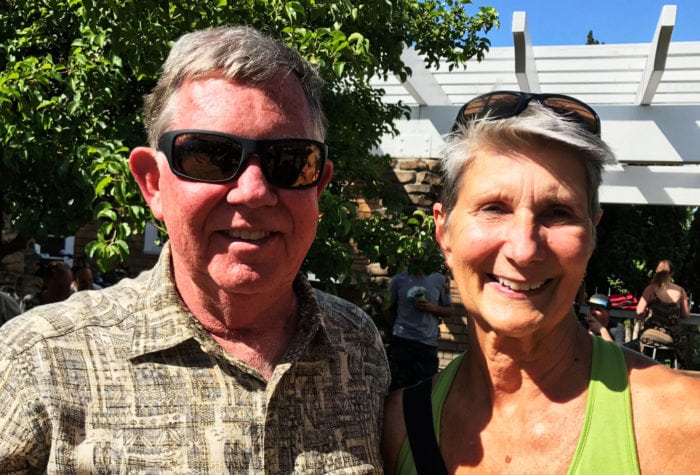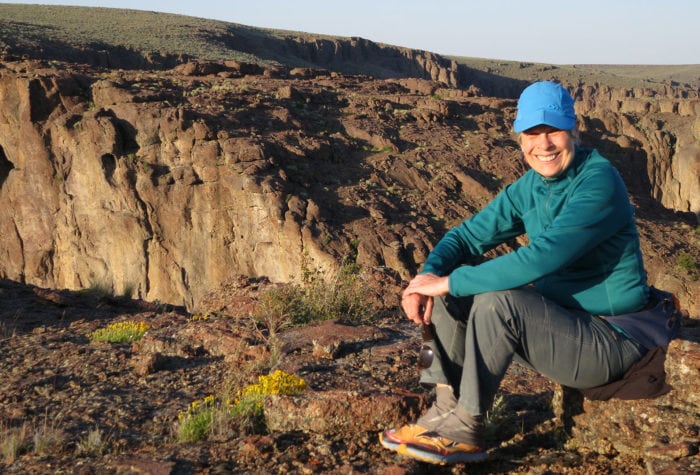At Oregon Natural Desert Association, we are creating a more inclusive conservation community by actively welcoming, engaging and collaborating with people of all backgrounds, perspectives, races, genders and ethnicities to develop and pursue a shared conservation vision for Oregon’s high desert.
We are committed because we believe that our community is stronger together and that everyone deserves the opportunity to fully participate in the conservation, management and stewardship of America’s public lands.
Acknowledging Past and Present Injustice
People have inhabited Oregon for millennia, and the public lands in the high desert where we live, work and recreate today remain the home of many Indigenous people with deep cultural, religious and spiritual connections to Oregon’s desert While some lands were ceded to the United States by treaties signed with Tribes, much of today’s public land in central and eastern Oregon was taken from Indigenous people by force, confiscation or coercion.
In addition, there is a long history of systemic, persistent injustices in Oregon and the United States preventing people from fully and effectively engaging in public lands conservation, management, preservation, stewardship, recreation and advocacy. Early preservationists often held paternalistic and racist views that can still influence conservation work today, resulting in exclusion and alienation of important voices in public lands management.
Our Aspirations
Diverse experiences, skills, relationships, perspectives and approaches to implementing ONDA’s conservation mission will help ONDA remain a strong, effective organization, able to successfully achieve our organization’s vision and mission. We carry the responsibility to affect societal change by actively working to forge a more just path forward for conservation in Oregon’s high desert by continually deepening our commitment to justice, equity and inclusion through concrete actions.
In pursuit of our mission to protect, defend and restore Oregon’s high desert, we will:
- Acknowledge that protecting the environment is inextricably bound to social and racial justice issues.
- Listen to, learn from and engage with a diverse array of voices about the conservation of our public lands
- Work to elevate underrepresented voices in conservation, promote equal access and facilitate inclusive involvement for everyone who seeks to be involved in Oregon’s high desert public lands conservation
- Become a positive force for justice, equity and inclusion within the conservation community and beyond
The conservation needs in Oregon’s high desert are immense, and we are proud to welcome, engage and collaborate with anyone who shares a desire to protect, defend and restore Oregon’s desert. We welcome your participation and invite you to contact us if you would like to learn more about our programs and initiatives.
Land Acknowledgement
As part of this commitment we believe it is important to acknowledge and recognize that Oregon’s high desert lands have been and continue to be homelands for numerous Tribal and Indigenous communities.
Oregon’s high desert is the homeland of a diversity of Indigenous people, including the Northern Paiute, Shoshone, Bannock, Wasco, Warm Springs, Yahooskin, Cayuse, Walla Walla and Umatilla peoples organized within several Tribes. These include the Burns Paiute Tribe, Fort McDermitt Paiute and Shoshone Tribes, Confederated Tribes of the Warm Springs Reservation, Shoshone-Paiute Tribes of the Duck Valley Indian Reservation, the Klamath Tribes, the Confederated Tribes of the Umatilla Indian Reservation and others.
ONDA is committed to collaborating with these communities and eager to continue learning more about how our conservation mission can complement Tribal and Indigenous conservation goals.


